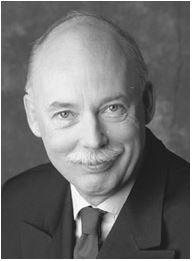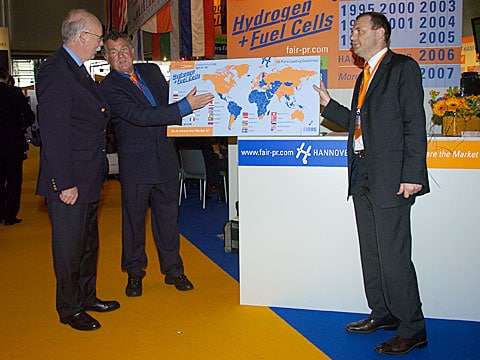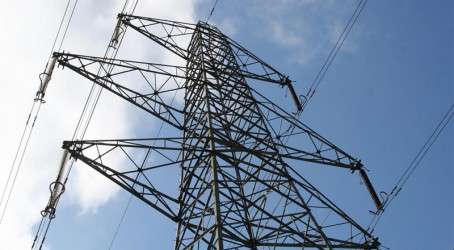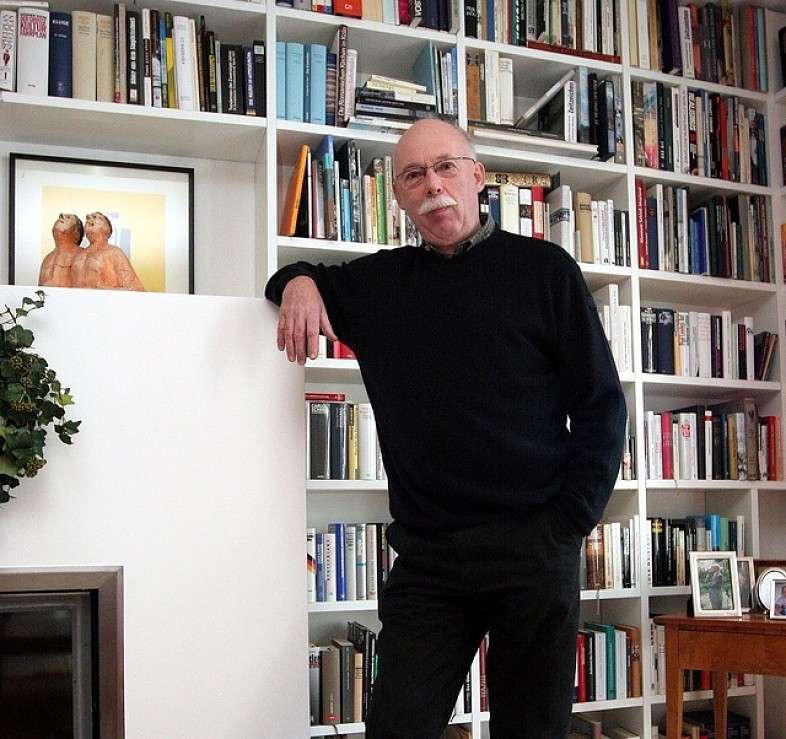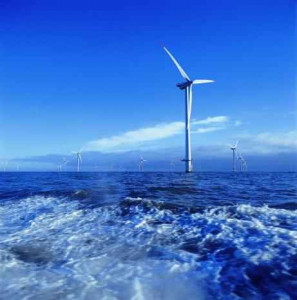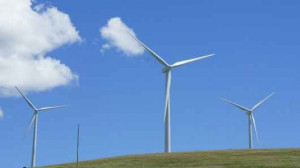Georg Wilhelm Adamowitsch was born in Hameln/Weser, Germany, in 1947. He worked in various functions in the state’s Ministry of North-Rhine Westphalia, eventually as Director-General and Head of the Planning Agency. After holding diverse posts in the Minister-President’s office and state Environment Ministry in North Rhine-Westphalia Adamowitsch 1996 moved to the VEW energy corporation in Dortmund to become the official responsible for federal and European matters there.
In 1999 he moved back to Düsseldorf as Permanent Secretary for energy and transport in the state Ministry for economic affairs and in 2002 was in charge of the Minister-President’s office. From 2002 until 2006 he was State Secretary of the German Federal Ministry of Economics. Adamowitsch then oversaw the connection of offshore wind power in Northern Europe (North Sea and Baltic Sea). He was the author of this authoritative paper:
Arguably, his greatest achievement in renewable energy was when Adamowitsch led a working group in the EC’s energy department and produced a plan at the end of 2010. He has warned that without additional transmission infrastructure, the EU will not be able to meet its ambitious renewable energy targets. The EU 2010 energy plan called for 42,000km of new power lines, including 20,000km for renewables. Adamowitsch said at the time “This is nothing less than an industrial revolution.”
However, Adamowitsch recognized that grid projects could also fall foul of environmental regulation. He pleased Entso-E by saying that the fauna, flora, and habitat directive and the bird’s protection directive needed amending to give priority to projects of European interest based on renewables.
The Plan recognized that current investment levels have to be increased considerably – a 30% rise for gas and a 100% increase for electricity compared to 2000-10. Yet the industry warns that the targets could be missed, in part because investors are unwilling to stump up the money. Difficulties in establishing infrastructure plans and in winning consents – up to 30 years in some cases as a result of strong public opposition – coupled with the lack of clarity over cross-border cost allocation among countries and operators, are problems still to be overcome.
The Plan said that a greatly improved, expanded and the smarter high-voltage grid is essential to connect up and exploit an expected surge in distributed renewable-energy generation. The EU has 2020 targets of a 20% reduction in greenhouse gas emissions, a 20% increase in energy efficiency, and a 20% share of energy consumption for renewable energy. The Plan was hugely important in getting Europe to recognize that this is a cooperative endeavor.
Adamowitsch changed tack recently and is now the Managing Director of the Federal Association of the Germany Security and Defence Industry. But he has left an important legacy in trying to encourage a cooperative set of Northern Europe initiatives to link and share wind power, particularly offshore wind power. Even in his new role, he says that only through cross-country cooperation can progress be made.

